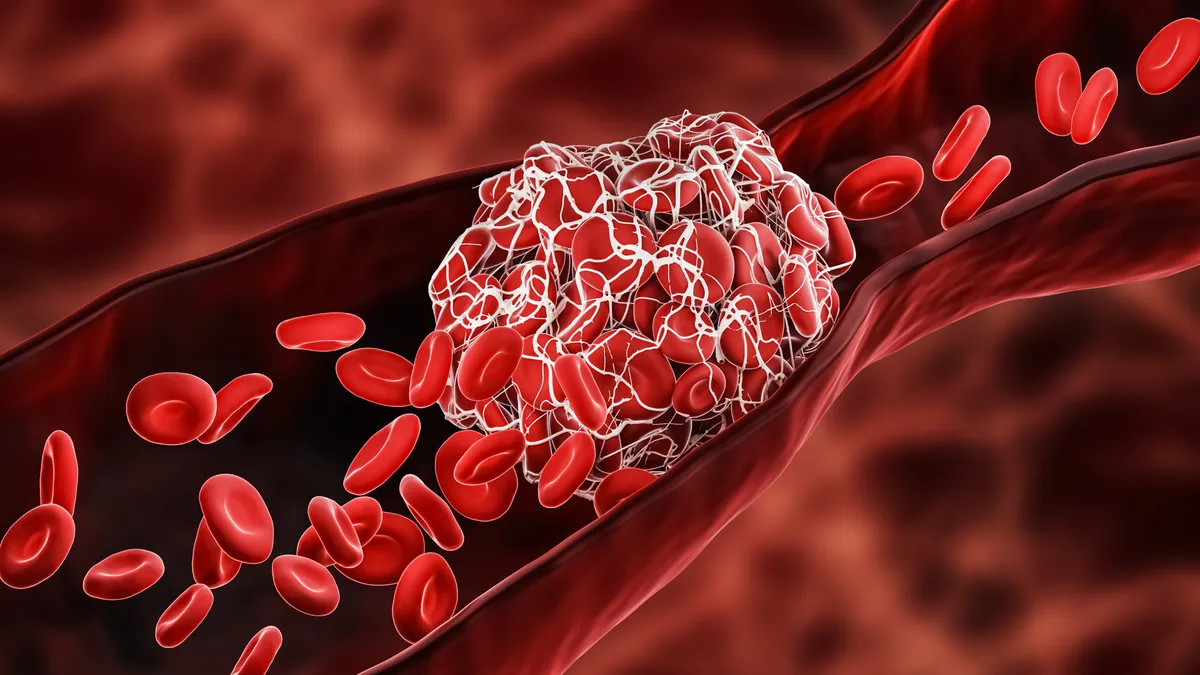Dive Brief:
- Spinal cord stimulation could enable stroke patients to move their limbs and hands, according to a small clinical trial.
- Writing in Nature Medicine, researchers describe the experience of the first two people treated in the clinical trial. The spinal implant improved strength, grip force and movement, and thereby enabled the participants to perform actions that were previously impossible.
- While Abbott, Boston Scientific, Medtronic and Nevro all already provide SCS devices for use in other indications, the researchers have founded a startup to advance the technology.
Dive Insight:
Other groups have previously generated clinical evidence that SCS can promote the recovery of leg motor function in patients with spinal cord injury. However, the fact that strokes happen in the brain, not the spine, raised doubts about whether the intervention would work in patients suffering the aftereffects of the cerebrovascular event. The clinical trial marks the start of efforts to answer those doubts.
Investigators implanted two leads in the necks of the patients to increase excitation of motoneurons in the arm and hand. The approach is built on knowledge about sensory nerves in the arm and hand signal motor neurons in the spinal cord that control muscles, as Douglas Weber, co-senior author and professor of mechanical engineering at Carnegie Mellon University, said.
“By stimulating these sensory nerves, we can amplify the activity of muscles that have been weakened by stroke. Importantly, the patient retains full control of their movements: The stimulation is assistive and strengthens muscle activation only when patients are trying to move,” Weber said in a statement.
After receiving the implant, the grip force of the two participants increased by 40% and 108%, with the bigger change seen in the older, more severely impaired patient. The older patient had ischemic stroke, which is caused by blocked blood vessels, while the other participant had suffered a rarer hemorrhagic stroke. The changes had real-world benefits, with one patient able to open a lock and eat independently with a knife and fork for the first time in years.
The protocol required the researchers to remove the leads after 29 days. Subsequent assessments found the participants retained some improvements even after the implants were removed. No serious adverse events were reported.
The study lacks a control arm, leaving scope to question the impact of the implant, but the team is sufficiently encouraged by the early data to keep going, and the researchers are continuing to enroll patients in the trial. A startup created by CMU and the University of Pittsburgh, Reach Neuro, is working to bring the technology to market. The startup could face competition if other companies adapt their technologies to stroke victims, with Abbott, Boston Scientific, Medtronic and Nevro all already providing SCS devices for use in other indications.










